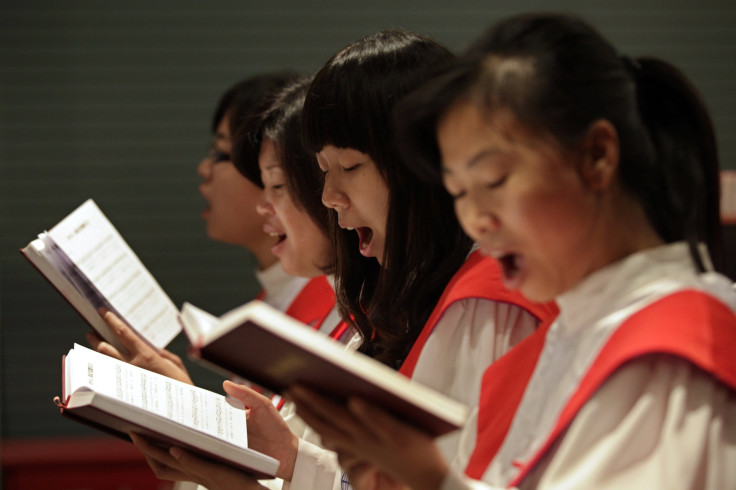Does Religion Make People Selfish? Secular Kids Are More Likely To Share, Study Says

In an ideal world, religion is supposed to instill positive moral values in its followers. But a new study finds that nonreligious children are more generous than their religious counterparts.
Neuroscience researchers at the University of Chicago studied the behavior of 1,170 children between the ages of 5 and 12 in Canada, China, Jordan, Turkey, South Africa and the United States. Children in the study came from various backgrounds -- some were from religious households, while others came from nonreligious families. Most of the religious children were either Christian or Muslim, though Jewish, Buddhist and Hindu families were also represented.
The researchers found that children from religious households were less likely to share than nonreligious children. The religious children also had a greater tendency to impose harsher punishments for poor behavior.
“Some past research had demonstrated that religious people aren't more likely to do good than their nonreligious counterparts," said Jean Decety, a researcher on the team and a faculty member at the University of Chicago. "Our study goes beyond that by showing that religious people are less generous, and not only adults but children, too."
In one of the study’s tests, children played “the dictator game,” in which they had to decide how many stickers to share with an anonymous person from their school and similar ethnic group. The secular children shared more stickers, on average, than their religious counterparts. In another test, the children were shown videos of a person either mildly pushing or shoving another person. The children were then asked to rate how “mean” the action was and to decide what level of punishment was appropriate for the offender. The religious children tended to believe in harsher punishment.
One explanation for the results is a phenomenon called “moral licensing,” in which people justify doing something bad because they’ve already engaged in something “good,” like praying.
“It’s an unconscious bias,” said Decety. “They don’t even see that’s not compatible with what they’ve been learning in church.”
© Copyright IBTimes 2024. All rights reserved.



















